Jakarta, MINA — Indonesia is once again grappling with sharp contrasts in air quality, as real-time data from IQAir highlights both the most polluted and cleanest cities in the country.
South Tangerang has been ranked as the most polluted city in Indonesia with an Air Quality Index (AQI) of 188, categorized as “Unhealthy.” Other major urban areas such as Serpong (184), Bandung (162), Bogor (161), and Jakarta (161) also appeared on the top five list of polluted cities. Experts warn that such levels can pose significant health risks, especially for sensitive groups.
On the opposite end of the spectrum, Palangkaraya in Central Kalimantan recorded the cleanest air nationwide, with an AQI of just 13, considered “Good.” Palembang (62), Medan (68), Badung (69), and Surabaya (78) followed in the rankings of cleanest cities.
Air pollution has a particularly severe impact on children, whose lungs are still developing. Pediatricians warn that prolonged exposure increases the risk of asthma, respiratory infections, and impaired lung function. Elderly people are also vulnerable, as polluted air exacerbates cardiovascular and chronic respiratory diseases.
Also Read: Hamas Reaffirms Commitment to Returning Bodies of Israeli Soldiers
According to AQI standards, a PM2.5 range between 151 and 200 can be harmful to all groups of society, not just specific ones.
Workers who spend long hours outdoors, such as street vendors, drivers, and construction workers, face daily exposure that can reduce productivity and lead to long-term health complications. Meanwhile, people with pre-existing conditions like asthma or heart disease are at risk of acute attacks when air quality worsens.
Visitors and tourists are also not exempt. In cities with “Unhealthy” AQI levels, short-term travelers may experience eye irritation, coughing, or fatigue, which can affect the quality of their stay. Travel advisories increasingly encourage tourists to check local air quality before engaging in outdoor activities, especially in popular destinations like Jakarta or Bandung.
Health experts recommend that during days of high pollution, residents and visitors alike should limit outdoor activities, wear protective masks, close the windows to avoid dirty outdoor air, and use indoor air purifiers if possible. Schools are urged to monitor air quality to protect children, while travel operators are advised to provide clear guidance for tourists.
Also Read: Jakarta Experiences Light Rain, Signaling the Start of the Rainy Season in Late October
As Indonesia strives for sustainable growth, the challenge of ensuring clean air for all remains urgent and deeply intertwined with public health, urban planning, and long-term environmental policy.[]
Mi’raj News Agency (MINA)
Also Read: Indonesia Trains Certified Non-Judge Mediators to Curb Rising Divorce Rates





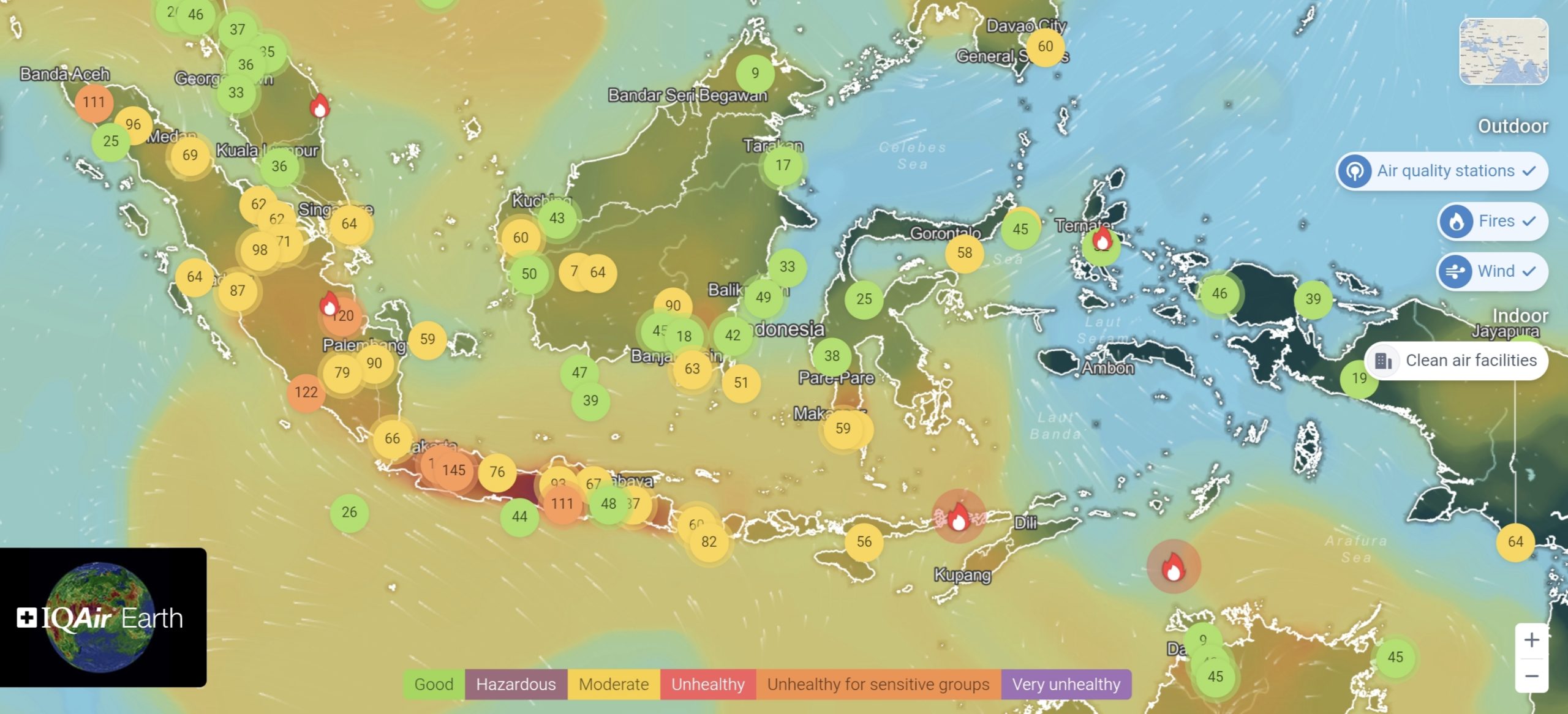







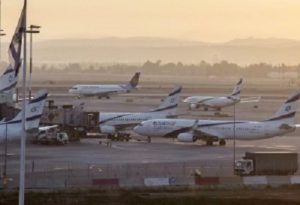
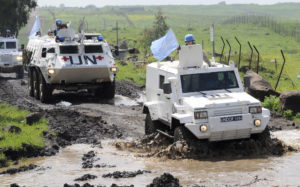
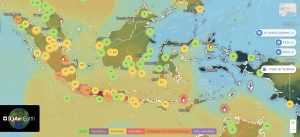
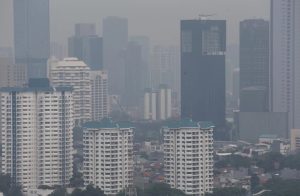






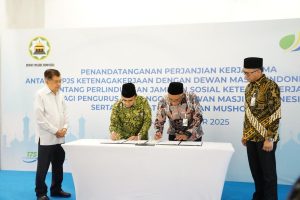

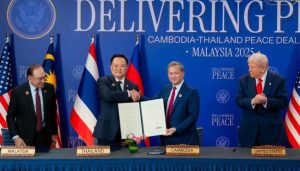






 Mina Indonesia
Mina Indonesia Mina Arabic
Mina Arabic